On November 21 in Can Tho, the National Agricultural Extension Center coordinated with the Department of Agriculture and Environment of Can Tho City and units in the rice value chain, including Bayer Vietnam Co., Ltd., to organize a seminar on "Solutions to replicate the model of high-quality, low-emission rice cultivation in the Mekong Delta".
The activity aims to evaluate the actual implementation results and discuss the orientation for replicating the model in the coming time, in line with the goal of the National Project "Sustainable development of one million hectares of high-quality and low-emission rice cultivation associated with green growth in the Mekong Delta".
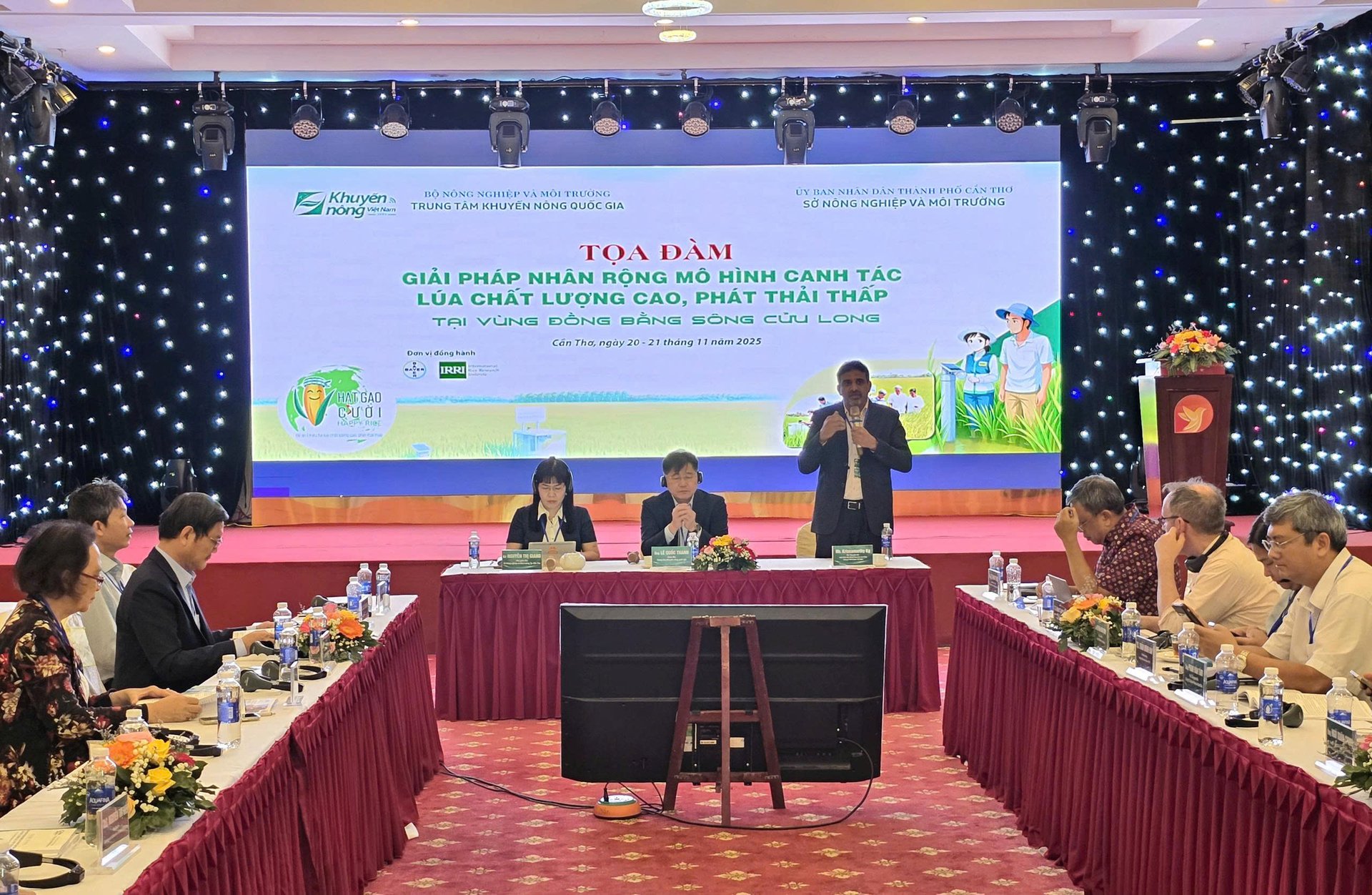
Seminar on “Solutions to replicate high-quality, low-emission rice cultivation models in the Mekong Delta”. Photo: Anh Khoa.
At the Seminar, Bayer Vietnam presented the results of implementing the Bayer ForwardFarming (BFF) model, a sustainable agricultural practice model that has been strongly deployed in Vietnam since 2023.
According to the report, the model has demonstrated clear effectiveness in optimizing production by reducing the amount of seeds sown by 50% to 70% (thanks to mechanization and standard varieties) and the amount of nitrogen fertilizer applied by 30% to 50% (thanks to optimizing fertilizer formulas), contributing to reducing input costs for farmers. Along with that, BFF also showed the ability to save water by 30% to 50% and reduce greenhouse gas (CO2) emissions by 13.7% to 28.4% when applying the alternating wet-dry irrigation technique, while helping to increase rice yield and improve profits.
In particular, the quality of rice in the models all meets the European export residue standards (EU-MRL), reflecting the potential to build a raw material area that meets international standards. In parallel, Bayer has organized more than 100 training courses in the period 2023 - 2025, supporting capacity building for more than 6,717 farmers on a scale of 10,000 hectares in the Mekong Delta (Can Tho, An Giang , Dong Thap), contributing to spreading knowledge of sustainable farming practices to the production community.
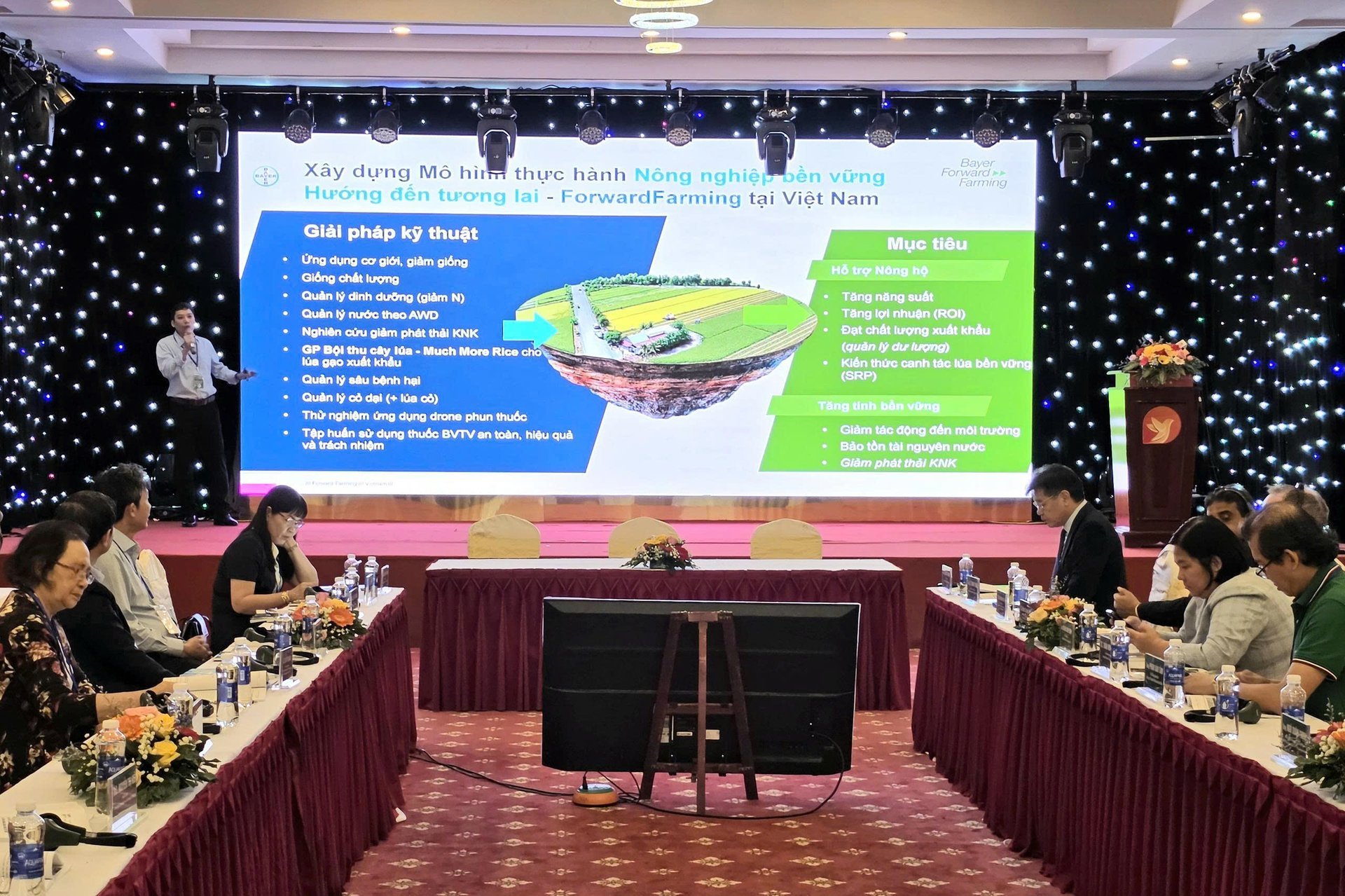
Bayer Vietnam representative reported on the effectiveness of the Bayer ForwardFarming model at the event. Photo: Anh Khoa.
An important highlight of the event was the signing of a Memorandum of Understanding between the National Agricultural Extension Center and Bayer Vietnam. According to the agreement, the two sides will coordinate to expand the BFF model on a larger scale, while promoting the connection between units in the value chain to support the implementation of the 1 million hectare project. The cooperation goal also includes developing a high-quality rice production chain for export in the 2026-2030 period in the Mekong Delta region. In addition to the rice sector, the memorandum also expands the scope of public-private cooperation to other key crops, with the establishment and development of the Better Life Farming sustainable coffee and durian farming model in the Central Highlands.
According to the 2026-2028 plan, the National Agricultural Extension Center and Bayer Vietnam will coordinate to expand the BFF model through the participation of the agricultural extension system from the central to grassroots levels and the cooperative network. The expansion strategy focuses on transferring high-quality, low-emission rice cultivation technology in line with the requirements of the 1 million hectare project; strengthening the capacity of the agricultural extension team, ambassador farmers and expert farmers; and enhancing the role of cooperatives as the core of local technology transfer. Part of the transfer activities are expected to be digitized through online platforms to expand access and increase training efficiency.
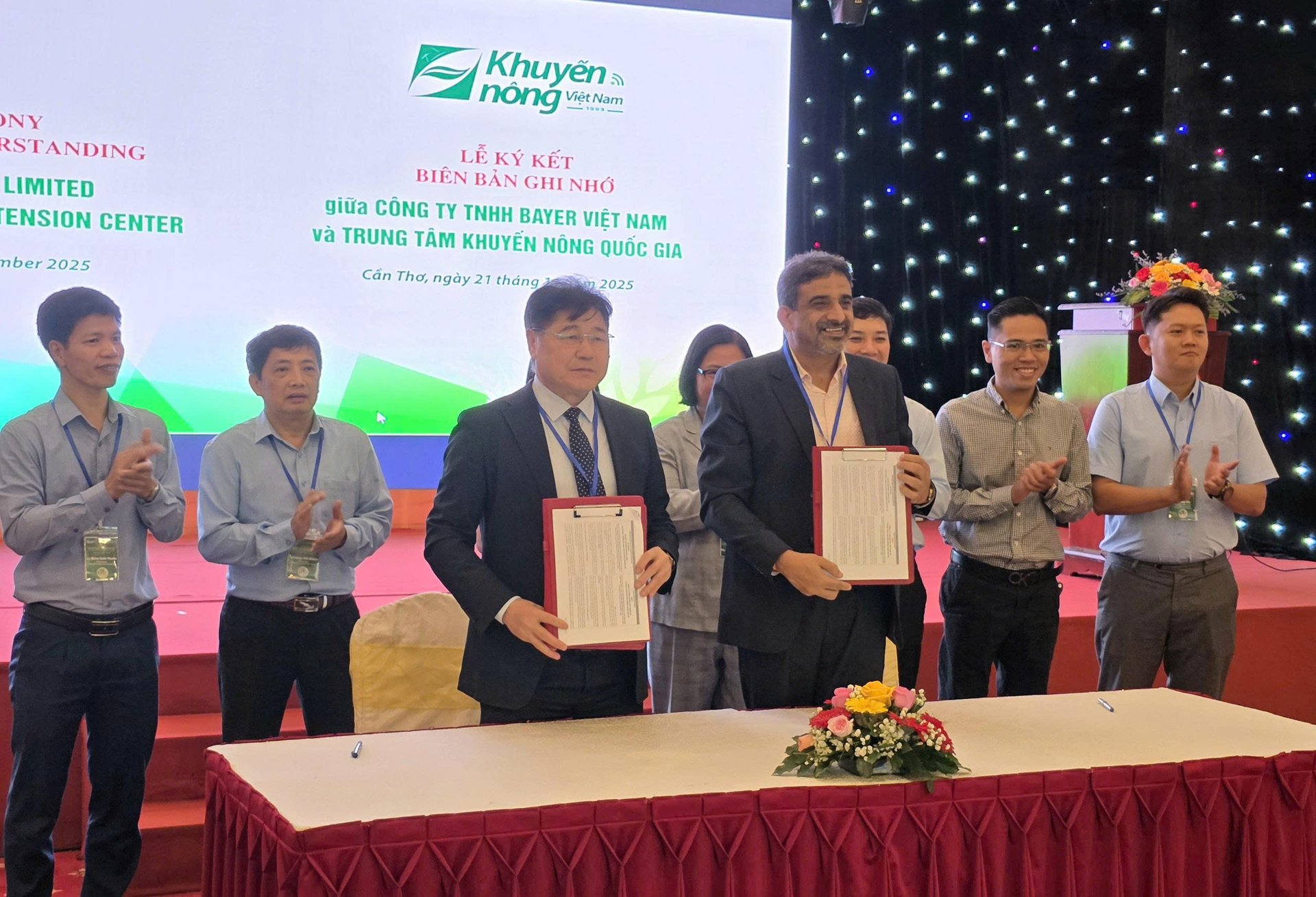
Signing ceremony of the Memorandum of Understanding between the National Agricultural Extension Center and Bayer Vietnam. Photo: Anh Khoa.
With proven results and a clear expansion strategy in the coming period, the Bayer ForwardFarming model is considered one of the practical solutions to promote regenerative agriculture, reduce emissions and increase the value of the rice industry. The support of businesses such as Bayer is considered an important factor contributing to the realization of the goal of sustainable agricultural development, green growth and increasing stable income for farmers in the Mekong Delta.
Source: https://nongnghiepmoitruong.vn/bayer-forwardfarming--hien-thuc-hoa-de-an-quoc-gia-ve-canh-tac-lua-ben-vung-d785704.html


![[Photo] General Secretary To Lam receives President of the Senate of the Czech Republic Milos Vystrcil](/_next/image?url=https%3A%2F%2Fvphoto.vietnam.vn%2Fthumb%2F1200x675%2Fvietnam%2Fresource%2FIMAGE%2F2025%2F11%2F21%2F1763723946294_ndo_br_1-8401-jpg.webp&w=3840&q=75)
![[Photo] Visit Hung Yen to admire the "wooden masterpiece" pagoda in the heart of the Northern Delta](/_next/image?url=https%3A%2F%2Fvphoto.vietnam.vn%2Fthumb%2F1200x675%2Fvietnam%2Fresource%2FIMAGE%2F2025%2F11%2F21%2F1763716446000_a1-bnd-8471-1769-jpg.webp&w=3840&q=75)


![[Photo] President Luong Cuong receives Speaker of the Korean National Assembly Woo Won Shik](/_next/image?url=https%3A%2F%2Fvphoto.vietnam.vn%2Fthumb%2F1200x675%2Fvietnam%2Fresource%2FIMAGE%2F2025%2F11%2F21%2F1763720046458_ndo_br_1-jpg.webp&w=3840&q=75)
![[Photo] National Assembly Chairman Tran Thanh Man holds talks with President of the Senate of the Czech Republic Milos Vystrcil](/_next/image?url=https%3A%2F%2Fvphoto.vietnam.vn%2Fthumb%2F1200x675%2Fvietnam%2Fresource%2FIMAGE%2F2025%2F11%2F21%2F1763715853195_ndo_br_bnd-6440-jpg.webp&w=3840&q=75)
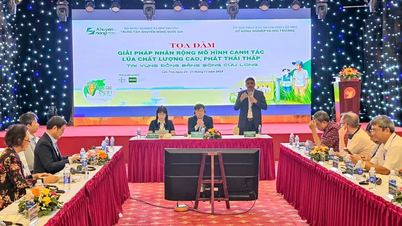

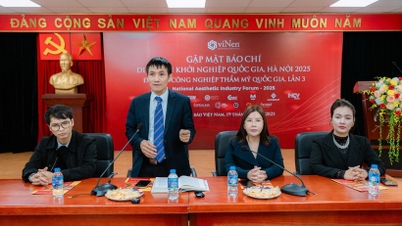




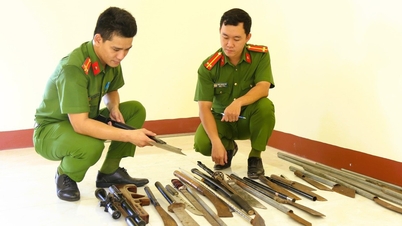

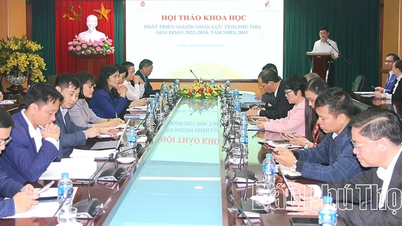



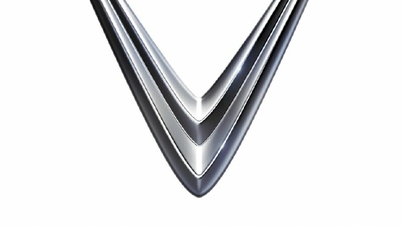
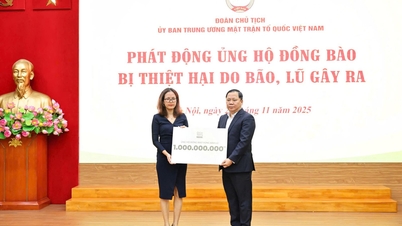
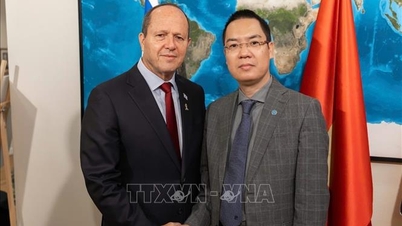
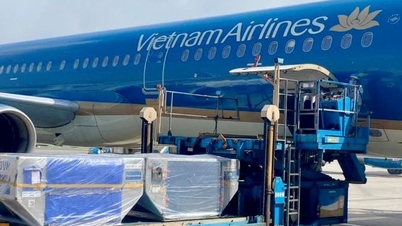

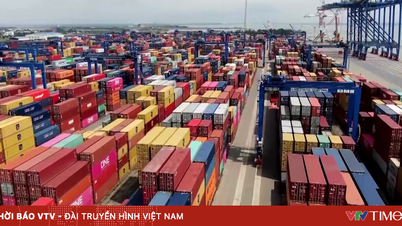





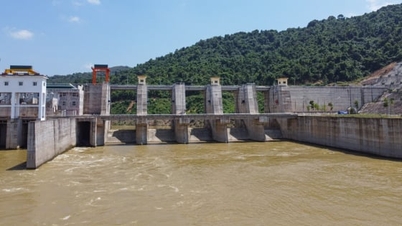
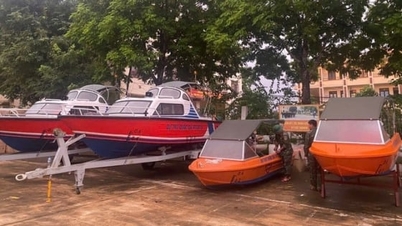
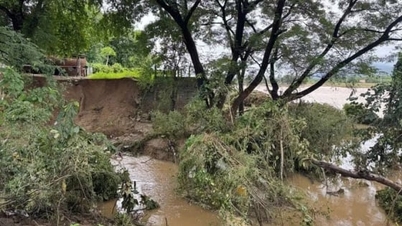
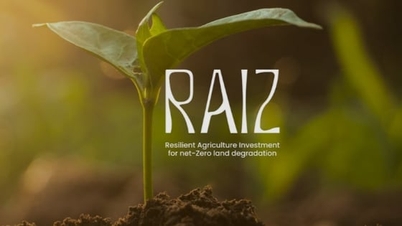
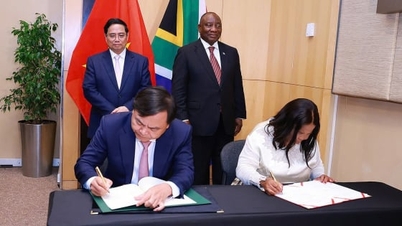
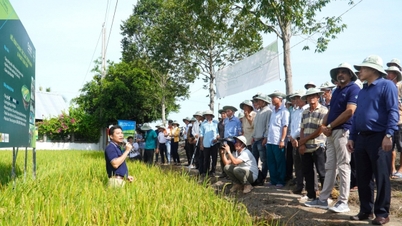











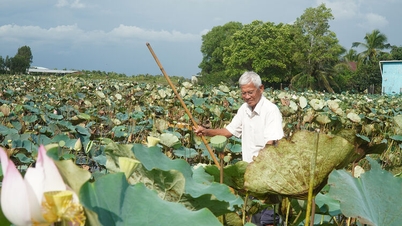

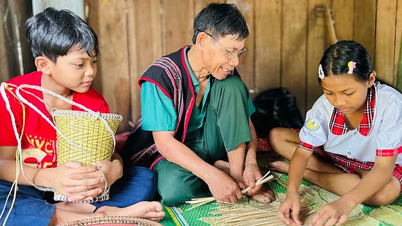









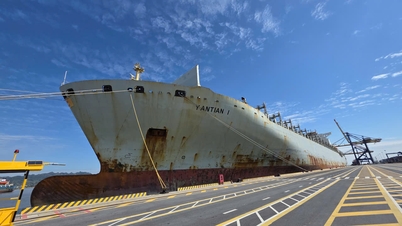
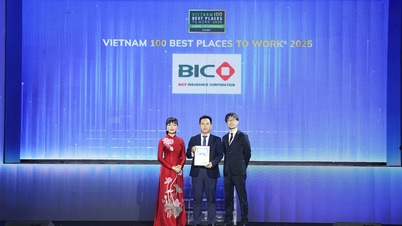
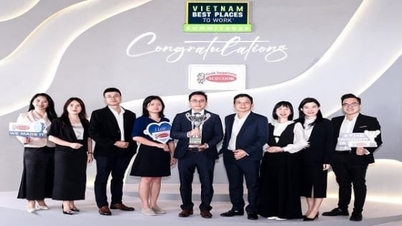
















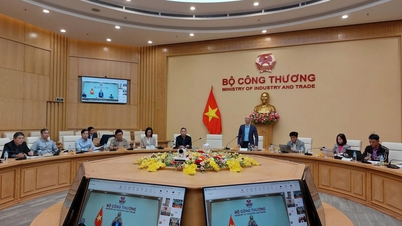

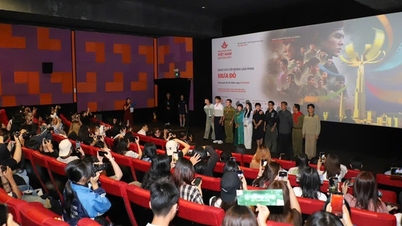



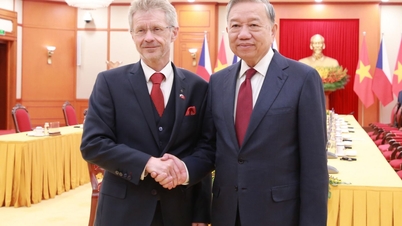
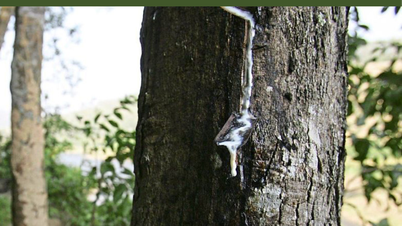
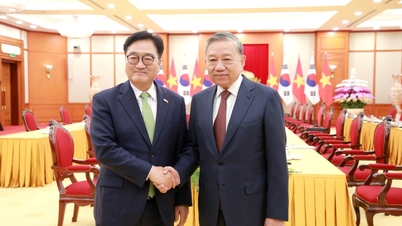
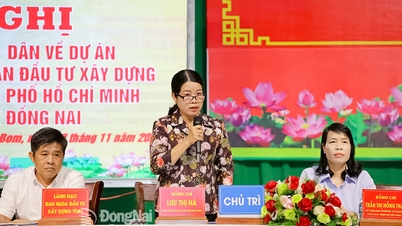

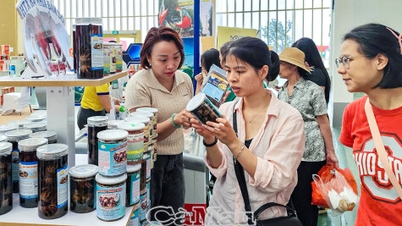


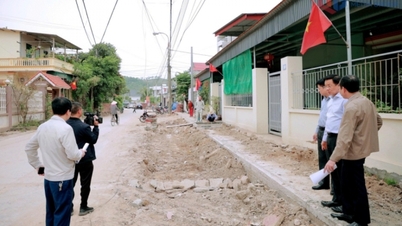

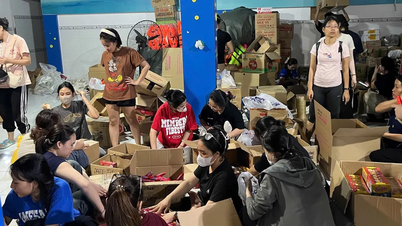













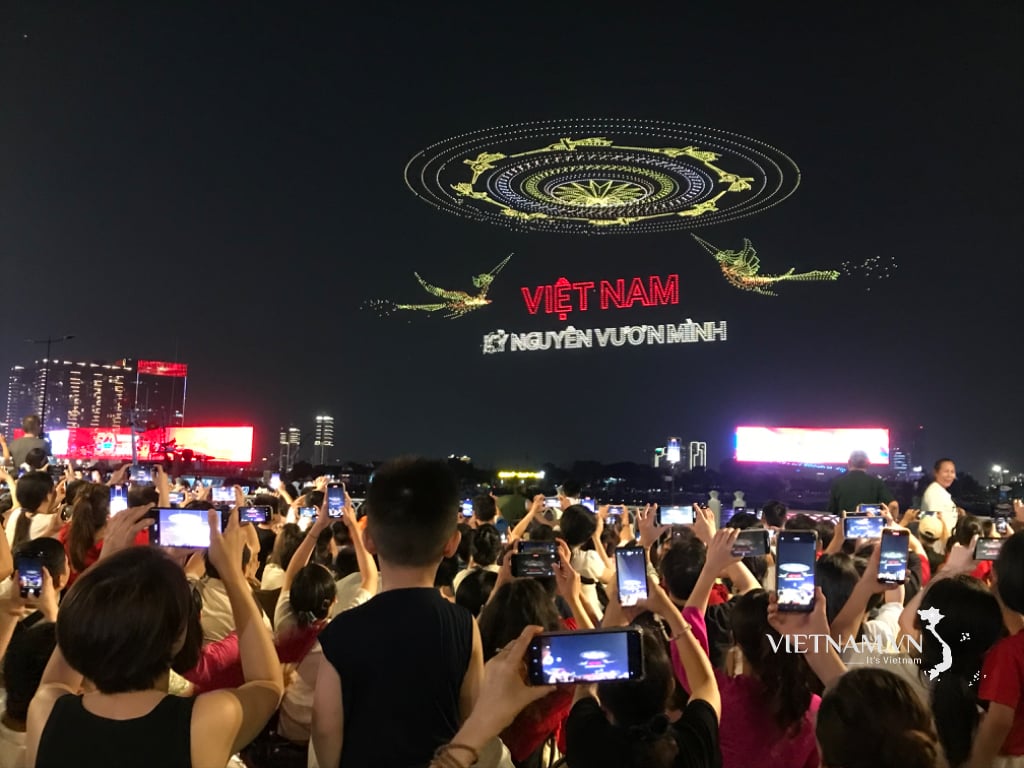



Comment (0)